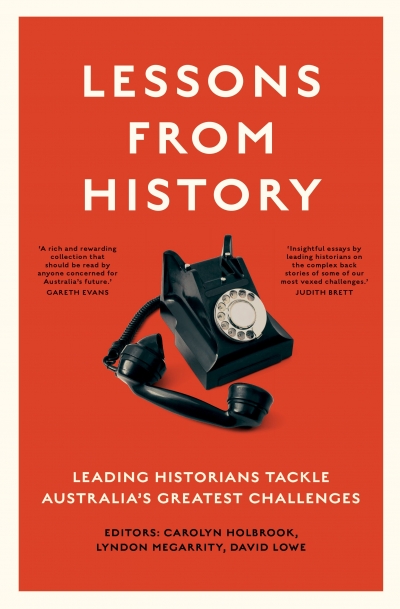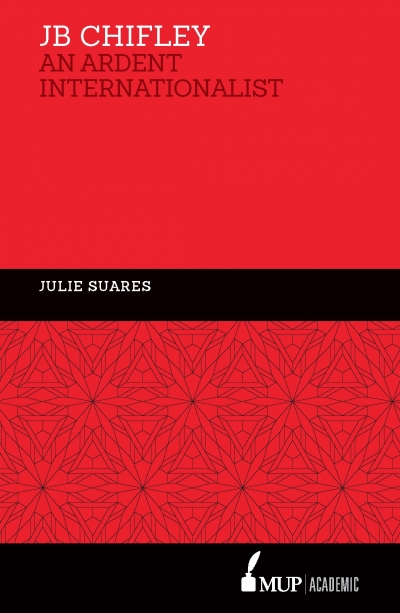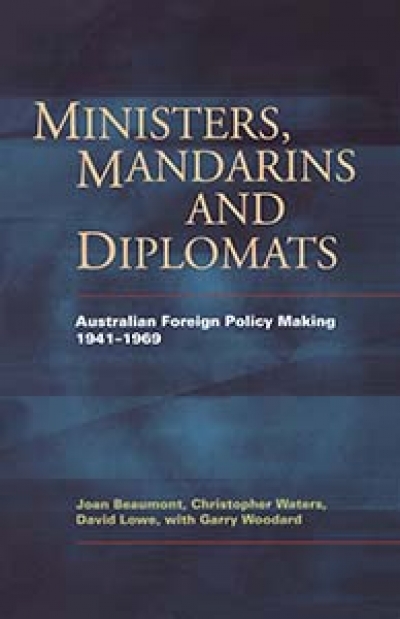David Lowe
Lessons from History: Leading historians tackle Australia’s greatest challenges edited by Carolyn Holbrook, Lyndon Megarrity, and David Lowe
by Penny Russell •
Ministers, Mandarins and Diplomats: Australian foreign policy making 1941–1969 by Joan Beaumont, Christopher Waters, and David Lowe, with Garry Woodard
by Peter Edwards •



